A new theory proposes gravity isn’t a fundamental force but emerges from quantum electromagnetic interactions, potentially reshaping our view of spacetime itself.


A new theory proposes gravity isn’t a fundamental force but emerges from quantum electromagnetic interactions, potentially reshaping our view of spacetime itself.
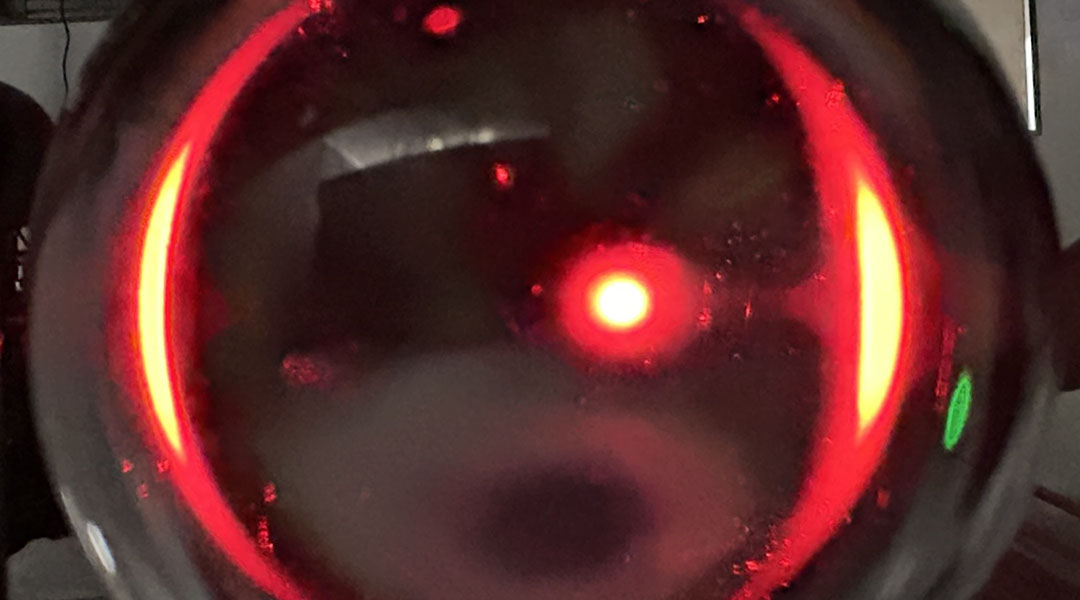
Lenses help researchers mimic the way massive cosmic objects bend light—bringing the elusive effects of gravitational lensing to Earth.
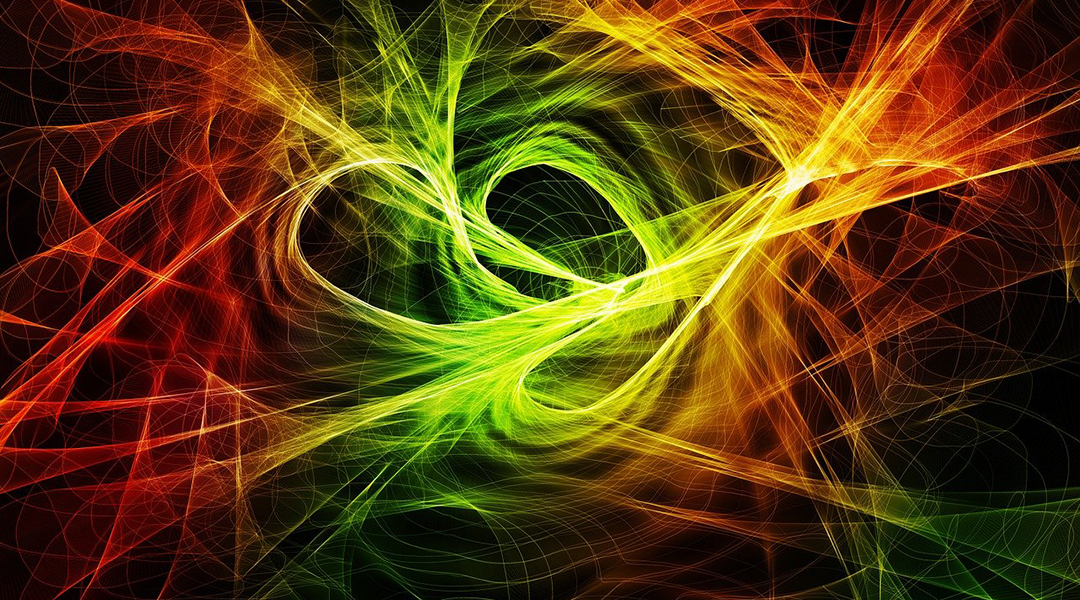
Researchers at CERN’s Large Hadron Collider explore subtle energy signals to search for new physics beyond the Standard Model.
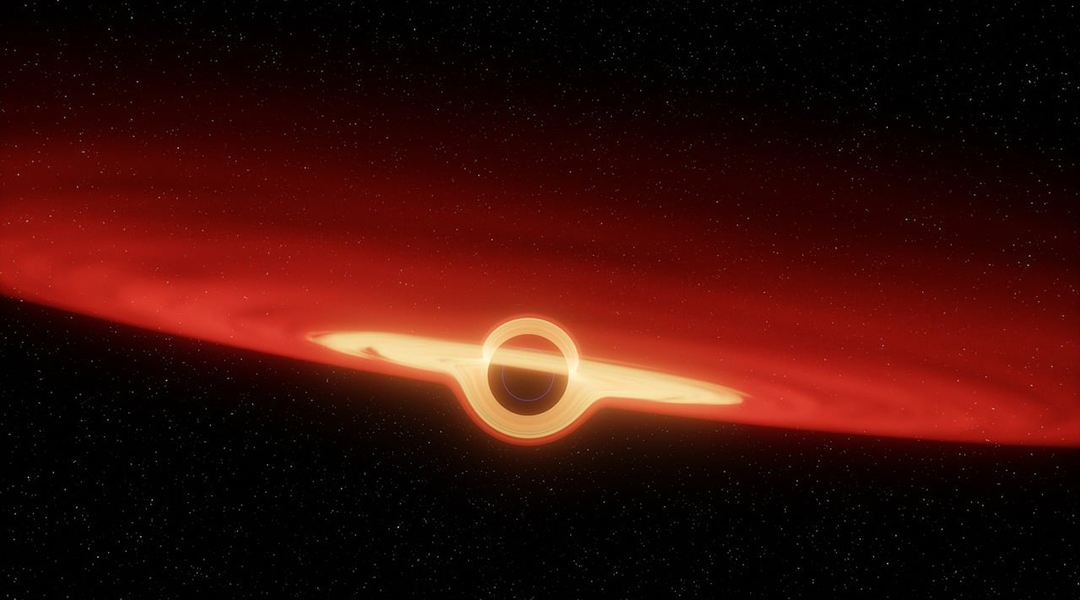
Small primordial black holes could have consumed the interiors of planets or asteroids, leaving their outer shells intact.
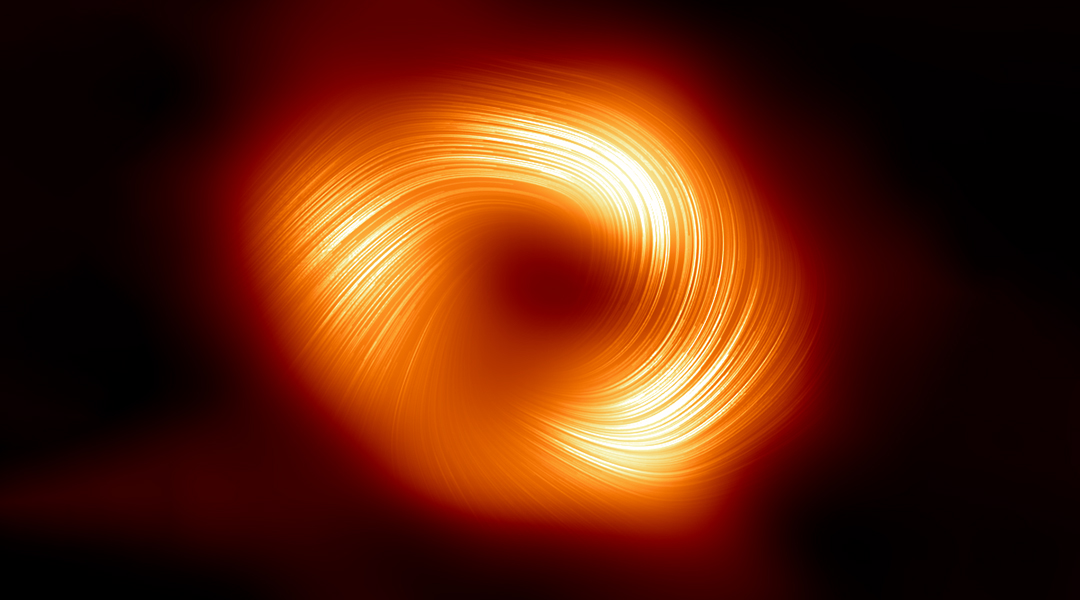
Images of the supermassive black holes wouldn’t have been possible if mimetic gravity was the right recipe for gravity.
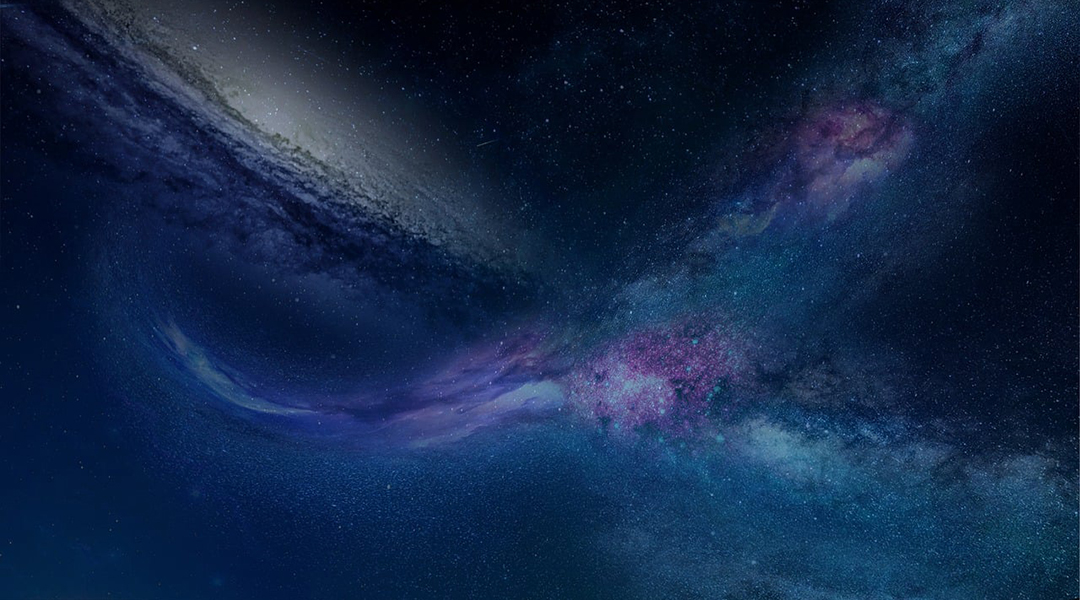
The discovery of colossal structures like the Big Ring is reshaping established theories about the physics of the Universe.
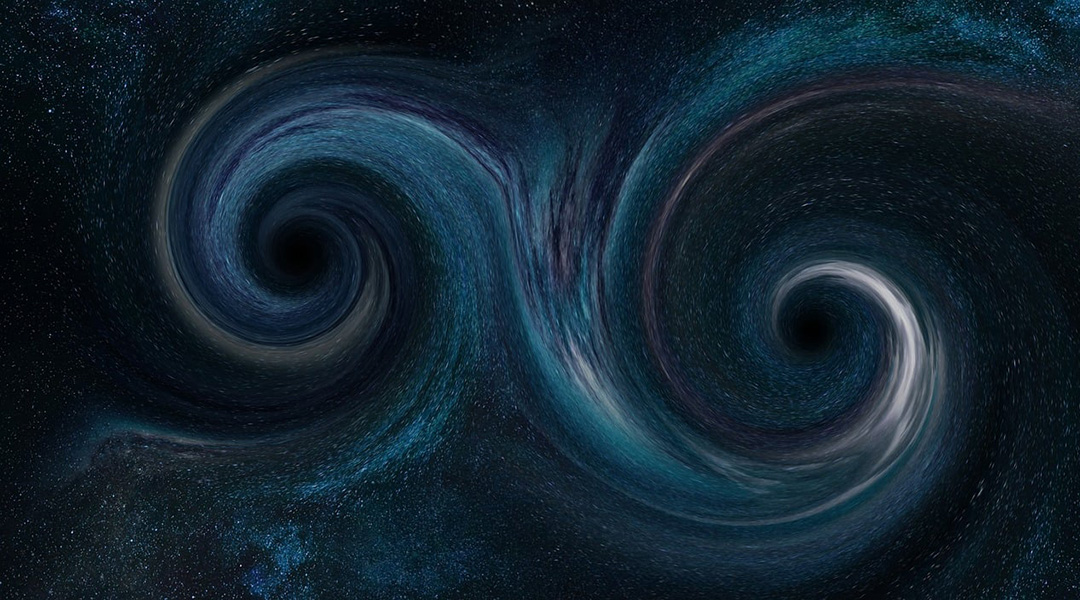
Gravitational waves could be the key to imaging elusive primordial black holes born in the first moments of our Universe.

It’s looking less and less likely that the Hubble tension is a result of observational errors.
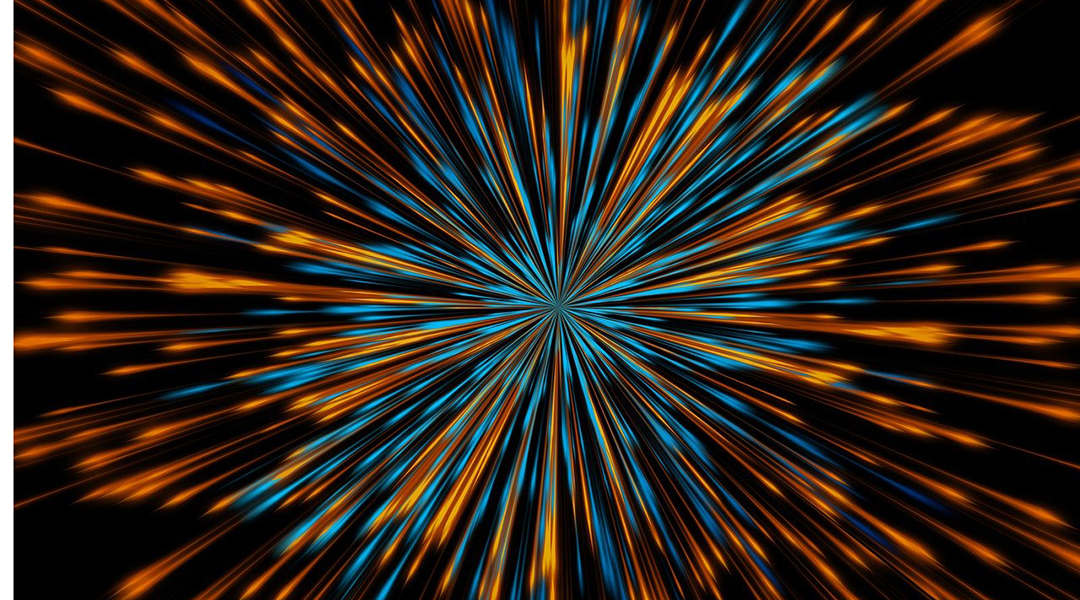
Enhanced experimental precision has the potential to either confirm or dispel uncertainties surrounding the Standard Model of Physics.
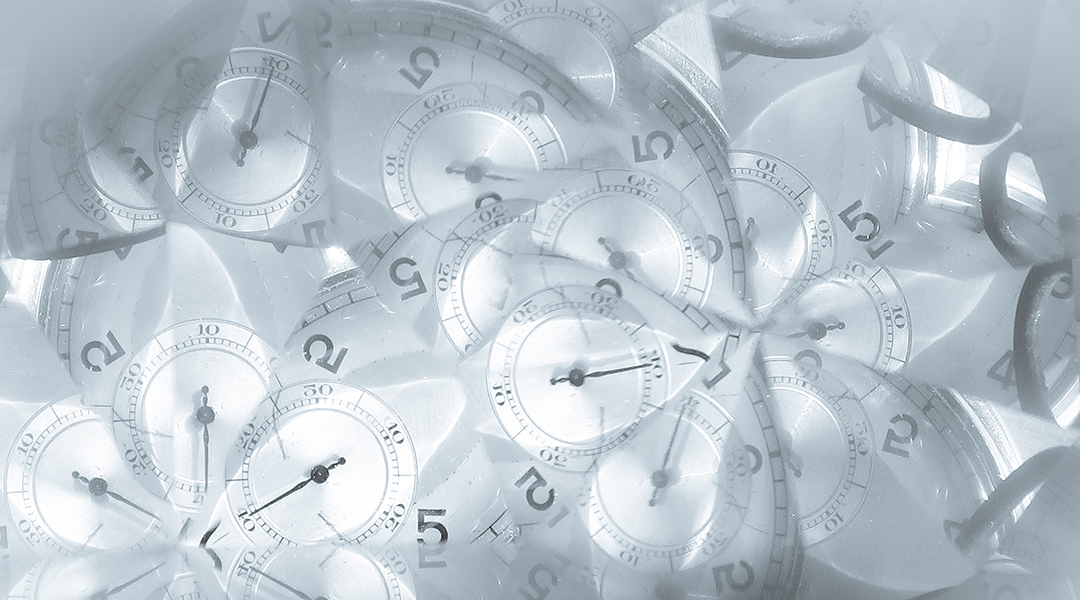
Using quasars as ticking cosmic clocks, scientists took a journey back in time, discovering time progressed five times slower just after the Big Bang.